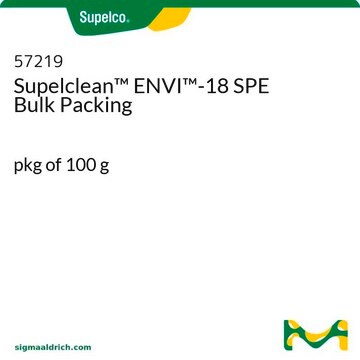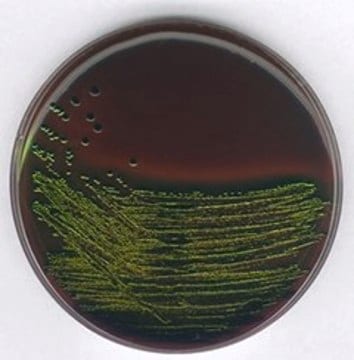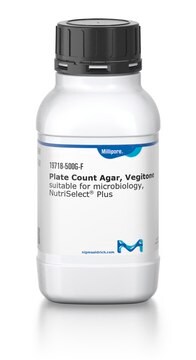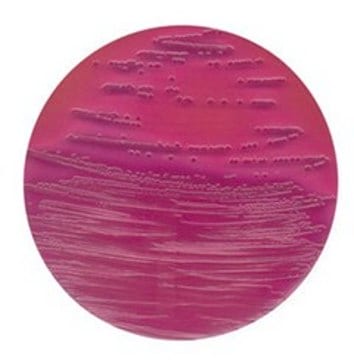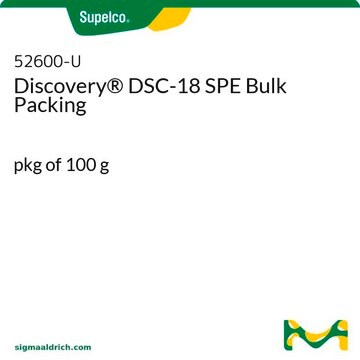70152
Plate Count Agar
suitable for microbiology, NutriSelect® Plus
Synonym(s):
Casein-peptone Dextrose Yeast Agar, Standard Methods Agar, Tryptone Glucose Yeast Extract Agar
About This Item
Recommended Products
agency
according to GB 4789.2-2016
according to ISO 17410:2019
according to ISO 4833-1:2013
according to ISO 4833-2:2013
Quality Level
sterility
non-sterile
form
powder
shelf life
limited shelf life, expiry date on the label
composition
agar, 9.0 g/L
dextrose, 1.0 g/L
tryptone, 5.0 g/L
yeast extract, 2.5 g/L
manufacturer/tradename
NutriSelect® Plus
packaging
pkg of -2.5 kg
pkg of -500 g
storage condition
(Dry place, tightly sealed containers)
technique(s)
microbiological culture: suitable
final pH
7.0±0.2 (25 °C)
application(s)
agriculture
bioburden testing
environmental
food and beverages
water monitoring
microbiology
storage temp.
2-25°C
suitability
nonselective for Bacillus spp.
nonselective for Escherichia coli
nonselective for Lactobacillus spp.
nonselective for Lactococcus spp.
nonselective for Listeria spp.
nonselective for Staphylococcus spp.
nonselective for Streptococcus spp.
nonselective for bacteria (General Media)
nonselective for coliforms
Related Categories
General description
Application
Preparation Note
Other Notes
Footnote
The designations basic, plus, or prime are added to indicate the quality control level, from basic quality control to standard QC plus to prime for full regulatory compliance.
Legal Information
Storage Class
11 - Combustible Solids
wgk_germany
WGK 3
flash_point_f
Not applicable
flash_point_c
Not applicable
ppe
Eyeshields, Gloves, type N95 (US)
Choose from one of the most recent versions:
Already Own This Product?
Find documentation for the products that you have recently purchased in the Document Library.
Customers Also Viewed
Articles
Some Bacillus species are crucial for advancing our understanding of bacteria, while others can be harmful, acting as spoilage organisms or pathogens. Nevertheless, all these species are significant in biotechnological research.
Microbiological assessment of bacteria found in spices, a potent source for food spoilage and pathogens.
Traditional methods are based morphology, staining methods, enzyme reactions (metabolism) and diverse media.
Streptococci- Overview of Detection, Identification, Differentiation and Cultivation Techniques
Our team of scientists has experience in all areas of research including Life Science, Material Science, Chemical Synthesis, Chromatography, Analytical and many others.
Contact Technical Service


